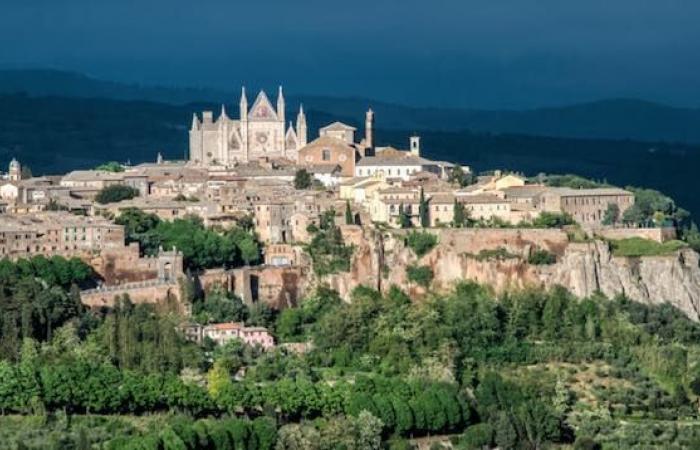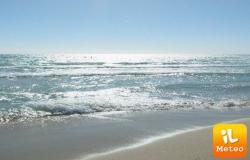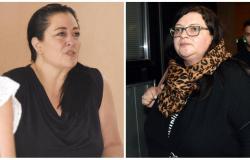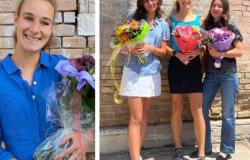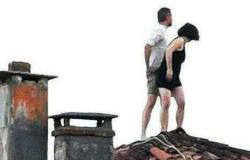That cursed poet had reason to maintain that, at the end of everything, what remains is only the essential. It is a key principle that applies to individual human existences, but ultimately it is an evaluation that can also be applied to a city, to a community, to the ontological reality that penetrates our daily lives. I don’t want to drag this out too long so I’ll get to the point. I’m talking about Orvieto, in short. Here the essential hinges on a choice that the citizens of this corner of eternal beauty will have to make soon.
The choice of the “right path” along which to set out to continue a journey that has brought so much satisfaction this far. Corroborate the future of the Rupe with ideas and projects or fall back on a reactionary “modus operandi” aimed at the remote past. Making Orvieto and every single Orvieto the ultimate goal as well as the measure of all things, or making this place a narrative plot for other stories that have little to do with the good of the place. Far be it from me to place this electoral dispute on a Manichaean level, however it is clear that there is a lot, if not everything, at stake, there is no denying it.
On the other hand, the key to understanding the next ballot is given by a political, social, economic and cultural grammar that is placed on a dichotomous level. To speak in a more prosaic and less poetic way, voting or not for Roberta Tardani involves moving along a ridge that separates the rise of Orvieto from its decline, administrative continuity from the managerial leap into the dark, governability from the old and now anachronistic dynamics of local power, the ability to build a cohesive and compact coalition in its plurality from those who do not distinguish a mere algebraic sum from a unitary political project shaped by a programmatic glue (or rather: the 55% who did not vote for Tardani at first round is not a majority nor a government alternative, but rather many small minorities incompatible with each other).
And again: on 23 and 24 June there is the opportunity to lay the foundations for a wide-ranging project, that is, to make Orvieto a global city where Christianity, the Renaissance and ancient agri-food traditions, handed down for generations, present a attractive potential that only needs to be detonated to trigger a centripetal force with few equals in the world. It is not true that everything is the same. Orvieto is not the same. Orvieto is unique. And those who don’t recognize it lie knowing they are lying. Administering this territory without fully understanding its originality risks generating policies and strategies that, in the long run, could prove fatal.
Orvieto deserves to be guided with foresight and common sense, vision and pragmatism. The model, if I may, from which Tardani has always been inspired in guiding Orvieto is depicted in the famous Sienese fresco by Lorenzetti, where the allegories are instrumental in illustrating the medicinal effects of good governance. A political lesson that is almost 700 years old although it is very current. And so, in conclusion, recalling a recent cinematic suggestion, I believe the time has come to hold your cards like love notes to the city.
Do it for Orvieto, do it for yourself.
Do it for You.
You owe it to yourself.
Luca Proietti Scorsoni,
neo-Orvieto by choice

